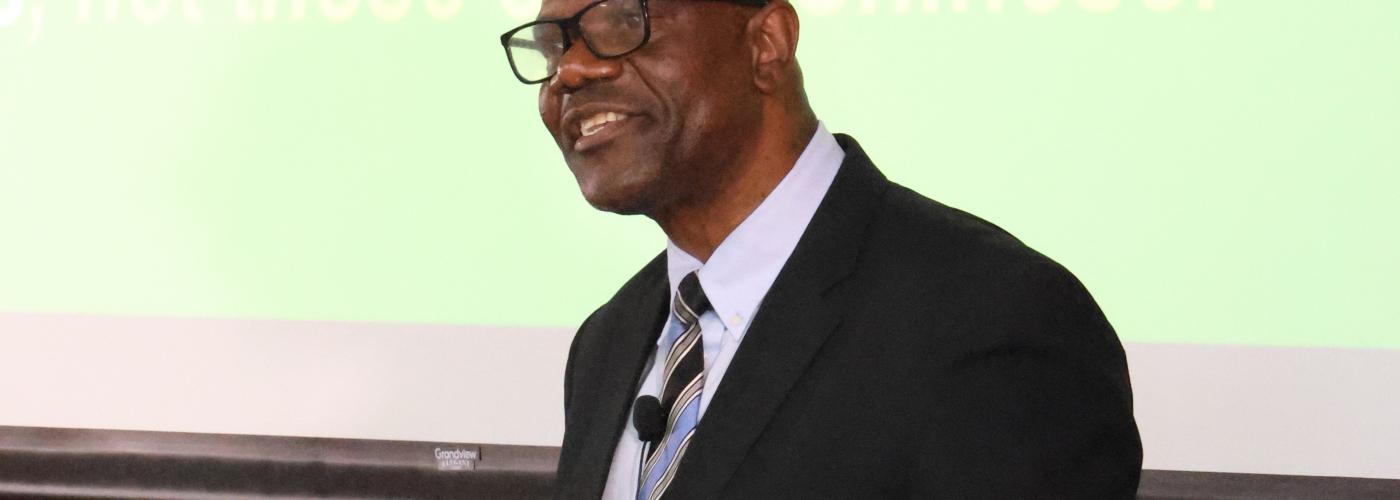
AI For Transformation, Not Just Technology: WBS Lecture Calls For Africa-led Innovation
The Centre on African Philanthropy and Social Investment (CAPSI) at Wits Business School (WBS) hosted a high-profile public lecture on 3 November 2025, led by Professor Arthur Mutambara, Director at the University of Johannesburg’s Institute for the Future of Knowledge, to explore how Artificial Intelligence (AI) can drive meaningful socio-economic development and accelerate progress toward the United Nations Sustainable Development Goals (SDGs).
Setting the tone for the discussion, Professor Maurice Radebe, Head and Director of WBS, stressed the need for action over aspiration:
“The question before us is how we deploy AI to deliver the SDGs in real and measurable ways. We cannot wait. We must accelerate transformation as the deadline of 2030 is fast approaching. We must also ask how and whether AI can be a force for sustainable development, rather than one that deepens existing inequalities or creates new risks.”
During his keynote, Professor Mutambara challenged the audience to rethink development goals:
“Sustainable development cannot be an end in itself. It must deliver socio-economic transformation. The issue is not whether AI is powerful — it is how we use technology to solve the problems affecting our people.”
Taking SDG 7 — Affordable and Clean Energy — as a key example, he demonstrated how AI can optimise energy systems, strengthen resilience, and expand access — provided Africa enters the conversation as a producer of solutions, rather than a passive adopter of technologies built elsewhere.
The message resonated strongly among attendees. Dr Yan Yang, Manager: International Projects (Asia and Oceania) at Wits University, reflected:
“Africa cannot sit back and observe what other regions do with AI. We must actively shape it — universities, industry, and individuals working together to participate, influence, and benefit.”
The ideas continued to spark reflection beyond the lecture hall. Makungu Mabasa, a Wits student who attended, later shared her reflections publicly on LinkedIn, noting how the lecture clarified global competition in AI leadership and the growing geopolitical significance of companies like NVIDIA. She highlighted the call for African countries to engage AI strategically in agriculture, education, infrastructure, and governance to meet development needs. Read more here. https://www.linkedin.com/posts/makungu-mabasa-3802b4245_artificialintelligence-ai-sdgs-activity-7391799296200794112-aURV?utm_source=share&utm_medium=member_desktop&rcm=ACoAADHcjgMBEGR6ptrdDYs_xBSZ6Lx7hNHet3s
The lecture closed with a moderated Q&A and dialogue among scholars, practitioners, and students, underscoring the critical role of African universities in shaping the continent’s technological future.
Across the voices in the room and online, one shared understanding emerged: Africa cannot afford to be a spectator in the age of AI. The responsibility to shape our technological future belongs to us — and the work begins now. Watch the full lecture here: https://www.youtube.com/live/e_dfFdmkquw?si=KuB7Vbx4J4hOnRCd

